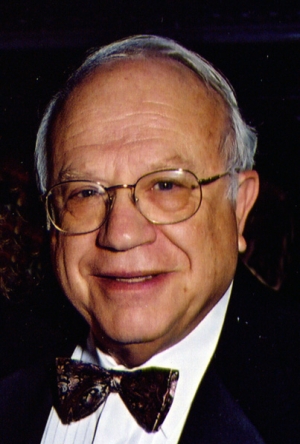-
(b.) - ?1929 June 04
Bio/Description
Born, in the small southwestern German town of Eppingen, he was a pioneering figure and longtime contributor to the United States and international computer industry. In 1937 his family, which was Jewish, immigrated to the United States to escape Nazi Germany. He obtained a Bachelor of Science Degree from the Illinois Institute of Technology in 1951, followed by service in the U.S. Army from 1952-1954. Prior to the military, he had no notion of what a computer was and how such a system could be useful. Upon completing his military service in June 1954, he had considerable computing skills that helped set him apart in this rapidly growing field as the computers first began to be used for business applications in the mid-1950s. Following his service in the Army, he obtained a Master's Degree in Mathematics from the University of Illinois in 1955. His education and work in computing continued as a graduate student at the University of Illinois as he programmed on the famed-ILLIAC digital computer, at his first professional position, on the technical staff at Ramo-Wooldridge Corporation beginning in 1955. In 1962 he and two Ramo-Wooldridge colleagues left to launch Informatics General Corporation. Informatics rapidly became a prominent provider of computer services to government, corporate, and other organizational clients. Informatics also became a path-breaking early producer of software products in the 1960s?refining and selling identical code as a package to multiple customers. For a number of years, the firm?s Mark IV was the leading software product in the world and defined this early industry that is now dominated by such corporate giants as Microsoft, SAP, and Oracle. He ended his career as a key executive with Sterling Software, Inc. in 1998, the latter having acquired Informatics in 1985. Capping his career as a software executive, he has published technical papers related to numerical analysis and software engineering, written a topical column for a number of computer oriented periodicals, and authored "Critical Issues in Software," a book dealing with software economics, published by John Wiley & Sons in 1983. His business career has led to the writing of the novel "Corporate War: Poison Pills and Golden Parachutes" published in 2010. Since retirement, he has been active in genealogy having amassed an extended family database of 35,000 names dating to the thirteenth century.
-
Date of Birth:
1929 June 04 -
Noted For:
Co-founder of Informatics, Inc., one of the first viable software companies -
Category of Achievement:
-
More Info:


